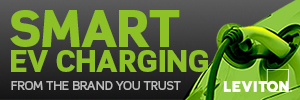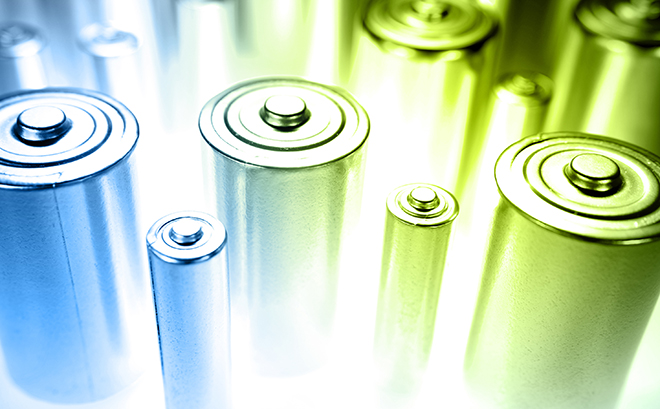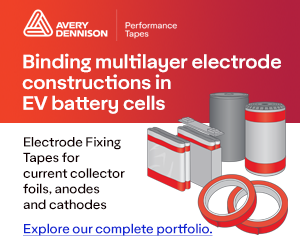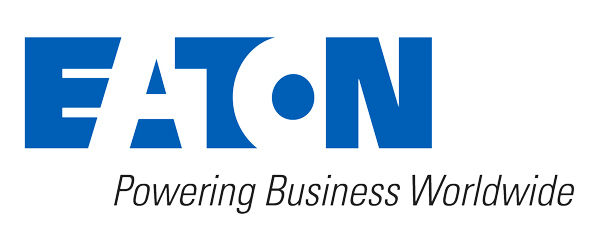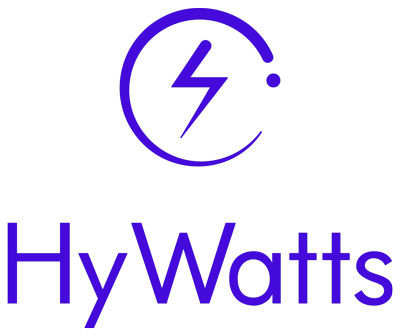In a paper published in Proceedings of the National Academy of Sciences, researchers from Rensselaer Polytechnic Institute demonstrated how they can overcome the dendrite problem to create a metal battery that performs nearly as well as a lithium-ion battery but relies on potassium, which the researchers say is a more abundant and less expensive element. “In terms of performance, this could rival a lithium-ion battery,” said Professor Nikhil Koratkar, the paper’s lead author.
By operating the battery at a relatively high charge and discharge rate, the researchers were able to raise the internal temperature in a controlled manner, and encourage the anode’s dendrites to self-heal. While the temperature increase within the battery won’t melt the potassium metal, the researchers say that it helps to activate surface diffusion so the potassium atoms move laterally off the pile they’ve created, effectively smoothing the dendrite out.
In the paper, Koratkar and his team explain how their solution to the dendrite problem paves the way for practical consumer use. “With this approach, the idea is that at night or whenever you’re not using the battery, you would have a battery management system that would apply this local heat that would cause the dendrites to self-heal,” Koratkar said.
Source: RPI



